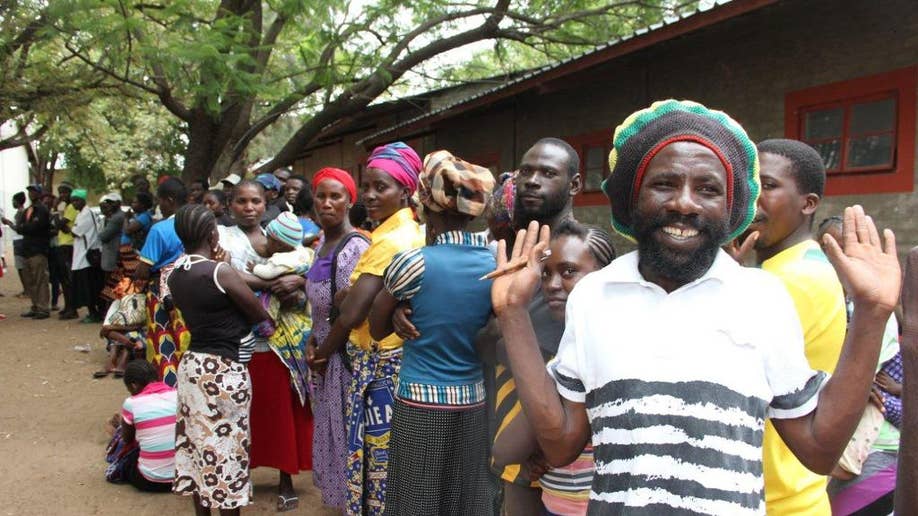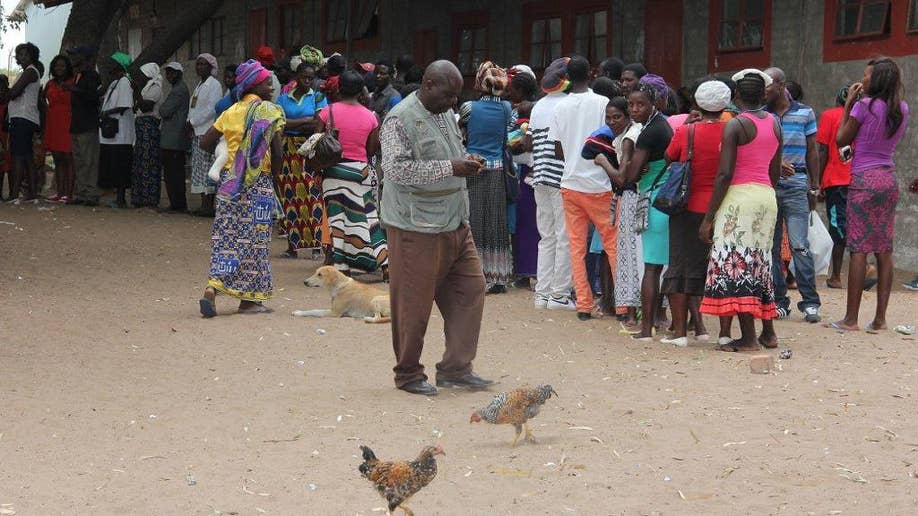Namibia's ruling party, in power since 1990 independence, expected to win another election
{{#rendered}} {{/rendered}}The southern African nation of Namibia is voting in parliamentary and presidential elections expected to deliver a comfortable win for the ruling party, which has been in power since independence in 1990.
Some 1.2 million Namibians, nearly half the population, are eligible to vote in Friday's elections.
The presidential candidate of the ruling SWAPO party is Prime Minister Hage Geingob. If elected, he would succeed President Hifikepunye Pohamba, who is stepping down after serving two five-year terms.
{{#rendered}} {{/rendered}}Namibia enjoys political stability and benefits from major diamond and uranium reserves as well as revenue from tourists drawn to its stark landscapes. Geingob, the prime minister, has acknowledged that Namibia still has high poverty and lacks adequate health facilities.


